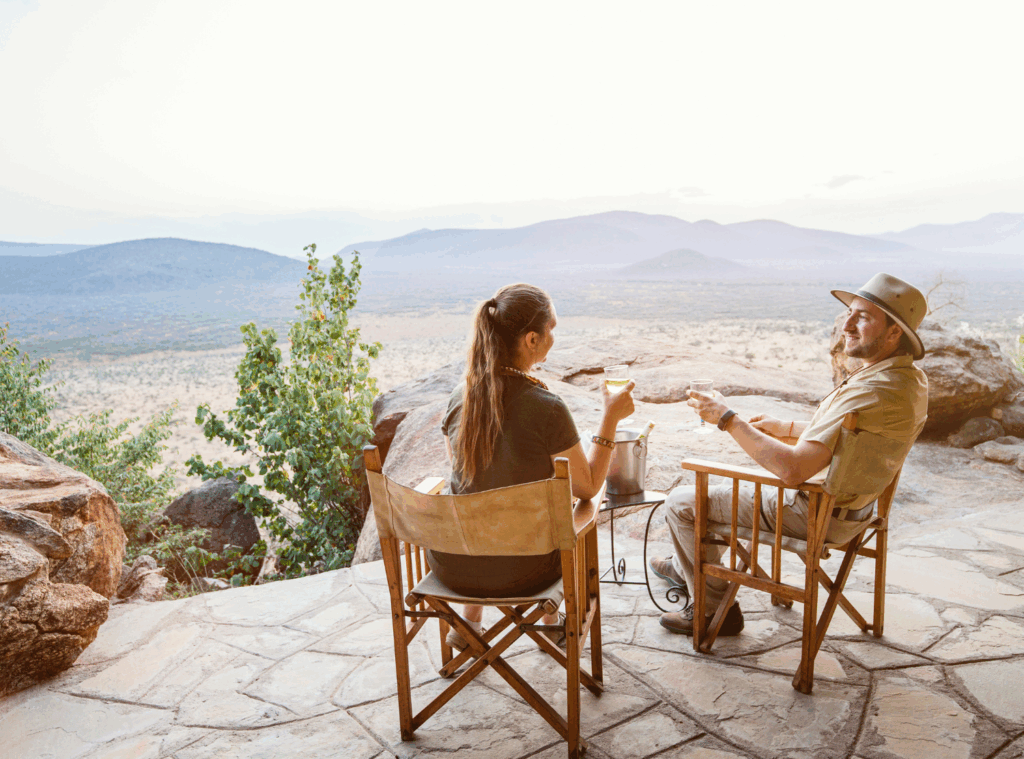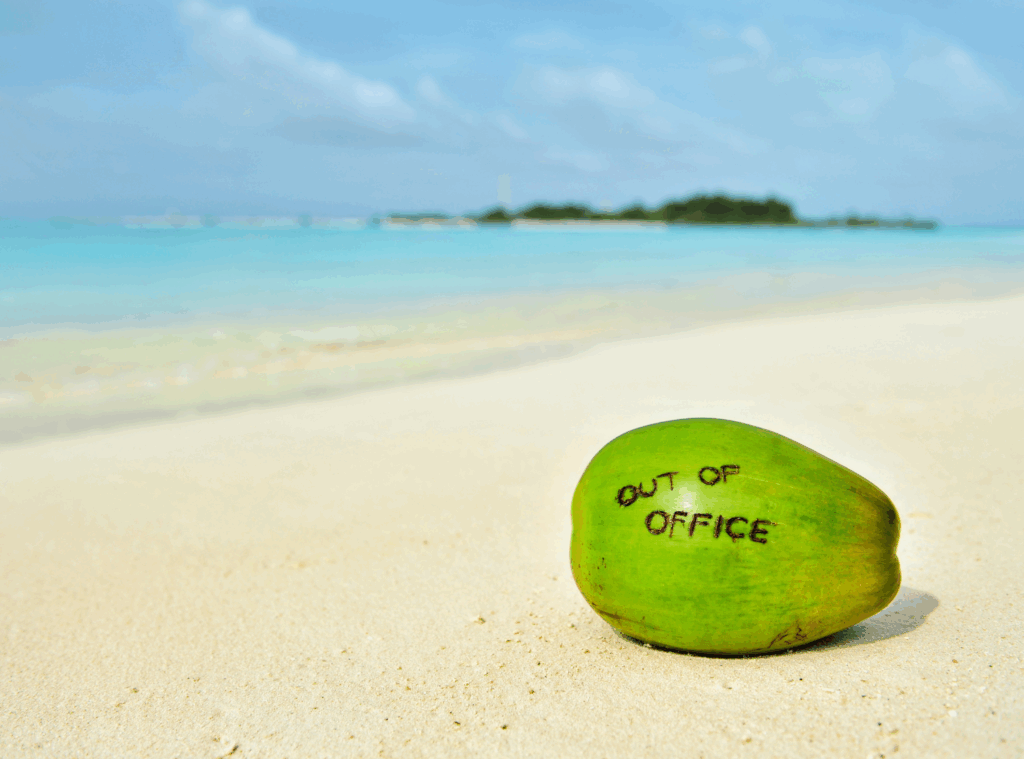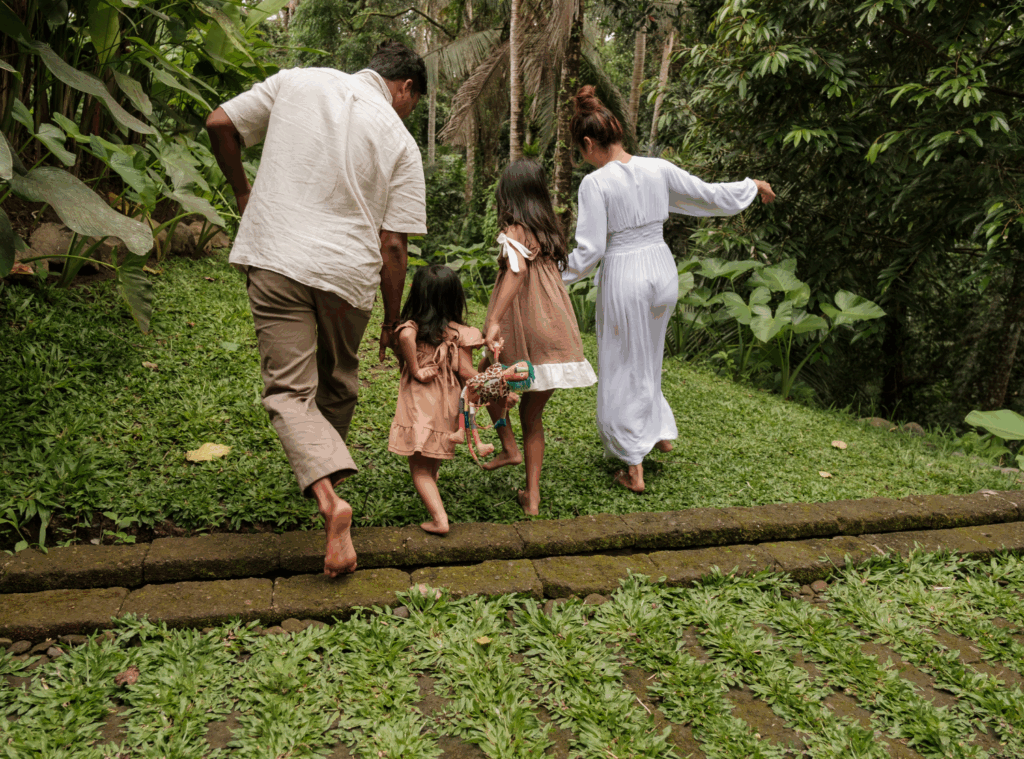American travelers in 2025 are maxed out.
Per Kearney’s Consumer Stress Index, levels of financial anxiety are at their highest since 2020. Work, news, and life logistics pile up, which is exactly why they press “book now” when an escape looks irresistible.
And folks are beyond combing through spreadsheets for the cheapest option. Instead, they’re treating themselves when the experience promises relief, connection, and a memory worth sharing.
As a tourism marketer, your job is to make that yes feel easy and inevitable.

The Reality of Today’s Traveler
Stress has persisted while behavior adapts, and intent to travel remains high. That is the opening for operators who frame value as a restorative experience rather than a markdown. Parallel data shows people are still planning trips in large numbers.
Parallel sentiment work from The Harris Poll shows Americans still plan to travel in 2025. They are rebalancing spend in other categories and prioritizing memory-making. This is not bargain hunting.
Y’all – This is wellness by way of an itinerary.
And oddly enough, booking behavior has split in two. Advisors report demand coming in very close to departure as well as far in advance, which means your marketing must win in both lanes.
Last-minute appetite is especially strong this summer, driven by uncertainty and younger buying habits, so operators should keep quick-turn offers and immediate inventory visible. American Express’s Global Travel Trends research adds the why behind the what.
Travelers continue to prioritize experiences that feel purposeful, restorative, and connection-driven, even when they reduce spend on goods. So market the payoff, not the price tag.
Here’s some things we’re seeing at Von Mack:
- Stressed but Seeking Release: Reports show consumers are trading down on groceries and daily essentials, but travel demand remains sticky.
- Impulse Decisions are Up: Last-minute bookings are booming as travelers look for a quick dopamine hit. For tour and attraction operators, that means same-week promotions can convert.
- Price Isn’t the Trigger: With “recession fatigue” setting in, travelers aren’t hunting for the cheapest option, but for the trip that feels most rewarding.

Experience Beats Price: How to Package Value for Stressed Shoppers
Discounts feel tone-deaf to a weary traveler. They can also drain brand value. We’ve gone into this in detail in our blog, “8 Ways to Drive Bookings without Slashing Prices.”
In a stress-heavy market, the winning narrative is “this is the reset you need” paired with confidence builders. The winning strategy is to:
- Emphasize the Escape: Lead with outcomes like rest, togetherness, novelty, and fun.
- Bundle Convenience: Add early entry, photo packages, or transport. Convenience feels like luxury without training customers to expect a discount.
- Prove What You Promise: Use itinerary previews, short demo videos, and authentic reviews where travelers first land.
- Make the “Yes” Low-Effort: Offer flexible terms and crystal-clear inclusions so last-minute buyers do not hesitate.

From Stress Signals to Bookings: Tactical Tourism Marketing Plays
Audience Insight → Empathy in Action
To recharge your campaigns, we recommend circling back into with audience insight. Study where your particular brand’s audience stress lies, and then rework campaigns to remove friction. ↳ Work with us on a systematic plan: tourism marketing strategy for operators and destinations.
Typical friction fixes that work: flexible terms, crystal-clear inclusions, faster support, and creative that shows the emotion and the payoff. Replace generic copy with named experiences that brains remember.
- Start with an audit → Tourism Brand + Behavioral Analytics (Drop Behavior) + ROAS Baselines.
- Chart out possible tangible solutions to any valleys in the data.
- Layer back those solutions into messaging, clearly and with beauty.
- Plan for split booking patterns (last minute vs long term) with campaign creative rotations and tactical bid rules.
Messaging Shifts: Experience > Price
- From “cheap trip” → “the reset you’ve needed.”
- From “sale ends Friday” → “book with confidence” (flexibility, easy changes, trusted reviews)
- From “standard package” → “named experiences” (the brain remembers those).
Quick Plays That Work (Right Now)

Bottom Line
Travelers are stressed and they are making fast, self-care-driven decisions when an experience looks like the cure.
You will not win 2025 by being the cheapest. You will win by being the most worth it and the easiest to book. When your offer is framed as relief and your path to purchase is frictionless, last-minute clicks become confident bookings.
This is exactly what we specialize in at Von Mack. Tailoring tourism marketing to shape strategy around real behavior, we package experiences that earn the yes. When someone finally decides to treat themselves, we make sure it is your experience they choose.
Helpful deep links for readers who want to dig deeper:
- Tourism digital strategy and paid media → Tourism Digital Strategy
- Search visibility and authority → Tourism SEO Services
- Storytelling and content development → Tourism Content Marketing

FAQs: Stress, Recession & Tourism Marketing
It can move inventory, but heavy discounting trains bargain hunters and erodes brand value. Experience framing with confidence signals tends to win over a season.
Yes. Surveys show Americans continue prioritizing travel while trimming other categories. They are selective and value focused, not stopped.
Lead with outcomes such as rest, connection, and memory making. Reduce friction by offering flexible booking and transparent pricing. Prove value through visuals, itineraries, and reviews.
Lead with outcomes like rest and connection. Keep inventory visible for “today” and “this weekend” searches, add flexible terms, and showcase proof in video. Use bundles to raise perceived value instead of cutting base price.
Run creative for both late buyers and planners. Maintain retargeting pools year-round and schedule seasonal content earlier than you think. Keep a fast lane for late deciders.